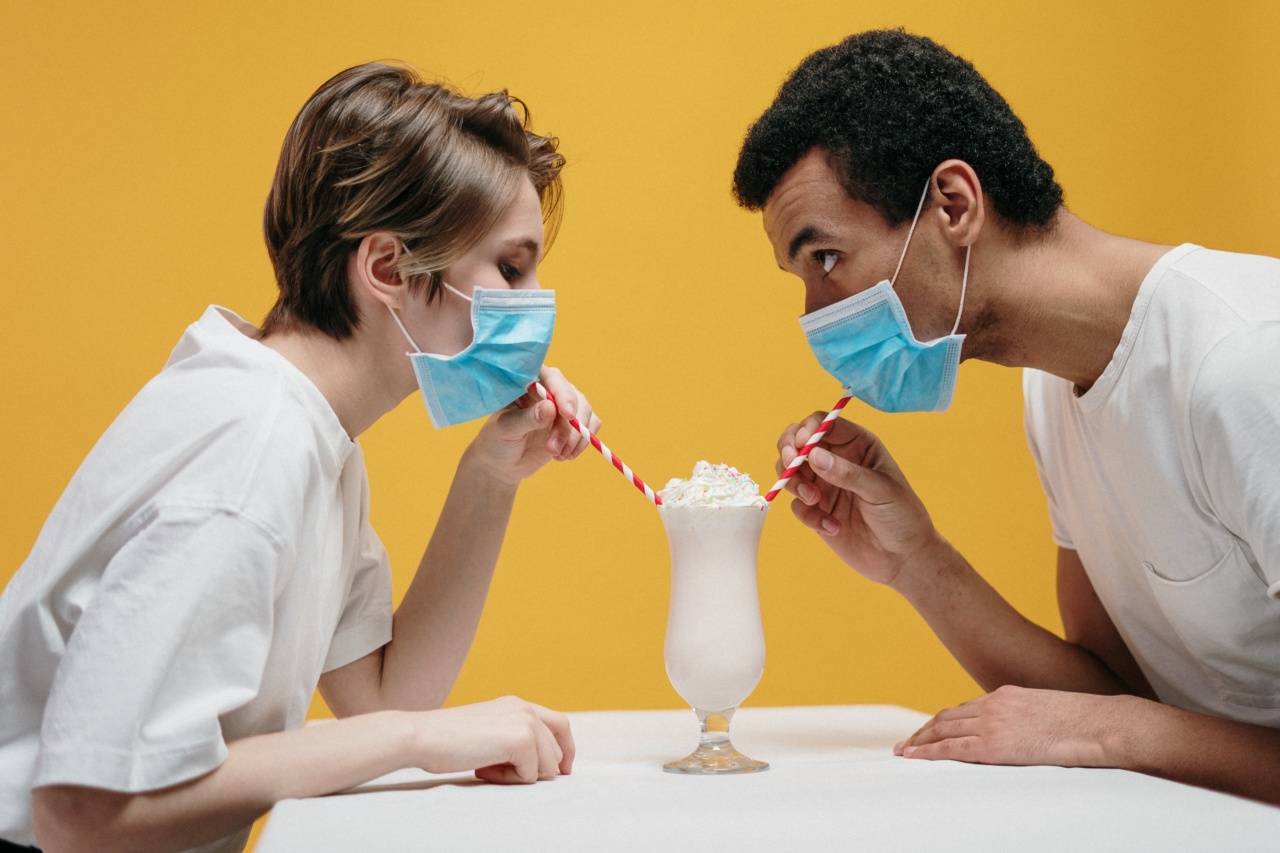With the increasing popularity of various diets, it is essential to consider the potential impact they may have on female fertility. One of the trending diets is the hypothermic diet, which claims to promote weight loss and overall health.
However, many women are skeptical about its effects on their reproductive system. In this article, we will delve into the research and examine whether hypothermic diets are safe for female fertility.
Understanding Hypothermic Diets
Hypothermic diets, also known as extreme low-calorie diets, involve drastically reducing calorie intake to induce a state of mild hypothermia.
The idea behind this diet is that by lowering the body temperature slightly, basal metabolic rate decreases, leading to more efficient fat burning. Individuals on hypothermic diets typically consume significantly fewer calories than their recommended daily intake, often in the range of 500-800 calories per day.
Effect of Hypothermic Diets on Hormonal Balance
Hormonal balance plays a crucial role in female fertility. Any disruption to this delicate balance can lead to irregular menstrual cycles, ovulation difficulties, and even infertility.
Hypothermic diets, with their extreme calorie restriction, can negatively impact hormonal balance in several ways.
1) Estrogen Production: Adequate caloric intake is essential for the production of estrogen, a hormone crucial for reproductive health. Severely limiting calorie intake can lead to decreased estrogen levels, which may hinder ovulation and menstruation.
2) Leptin Levels: Leptin is a hormone that regulates energy balance and plays a role in reproductive function. Research suggests that hypothermic diets often result in decreased leptin levels, potentially disrupting normal reproductive processes.
3) Thyroid Function: Hypothermic diets can also impact thyroid function, as the thyroid is responsible for regulating metabolism.
Caloric restriction, especially over an extended period, can negatively affect thyroid hormone production and disturb the delicate feedback loop between the hypothalamus, pituitary gland, and thyroid.
The Impact of Nutrient Deficiency
Extreme low-calorie diets are often deficient in essential nutrients. A deficiency in key vitamins, minerals, and macronutrients can have adverse effects on female fertility.
1) Vitamin Deficiencies: A lack of vitamins, such as vitamin B12, folate, and vitamin D, can lead to irregular menstrual cycles and decreased fertility. These vitamins play critical roles in hormone production and overall reproductive health.
2) Mineral Deficiencies: Minerals like iron, zinc, and selenium are vital for normal ovarian function and embryo development. Inadequate intake of these minerals can negatively impact fertility and increase the risk of pregnancy complications.
3) Macronutrient Imbalance: Hypothermic diets are often low in carbohydrates and fats while being high in protein.
While a balanced macronutrient intake is important for overall health, an extreme imbalance may affect hormone production and disrupt reproductive processes.
Psychological Impact of Hypothermic Diets
It is crucial to consider the psychological impacts of extreme low-calorie diets on female fertility. Severe caloric restriction can result in increased stress levels, decreased libido, and disturbances in mood.
These factors can have repercussions on sexual health, ovulation, and ultimately, the ability to conceive.
Expert Opinions
Medical professionals and experts in the field generally caution against the use of extreme low-calorie diets for female fertility.
The potential risks and negative impacts on hormonal balance and overall health outweigh any potential short-term benefits.
Dr. Sarah Thompson, a reproductive endocrinologist, suggests, “Extreme low-calorie diets can disrupt the delicate balance of hormones involved in female fertility.
It is essential to maintain a healthy, well-balanced diet for optimal reproductive function.”.
Conclusion
Based on the available research and expert opinions, it is advisable for women who are trying to conceive or maintain their fertility to proceed with caution when considering hypothermic diets.
The extreme calorie restriction and potential nutrient deficiencies associated with these diets can have adverse effects on hormonal balance, reproductive function, and overall well-being. It is crucial to prioritize a balanced and nutritious diet to support female fertility.





























